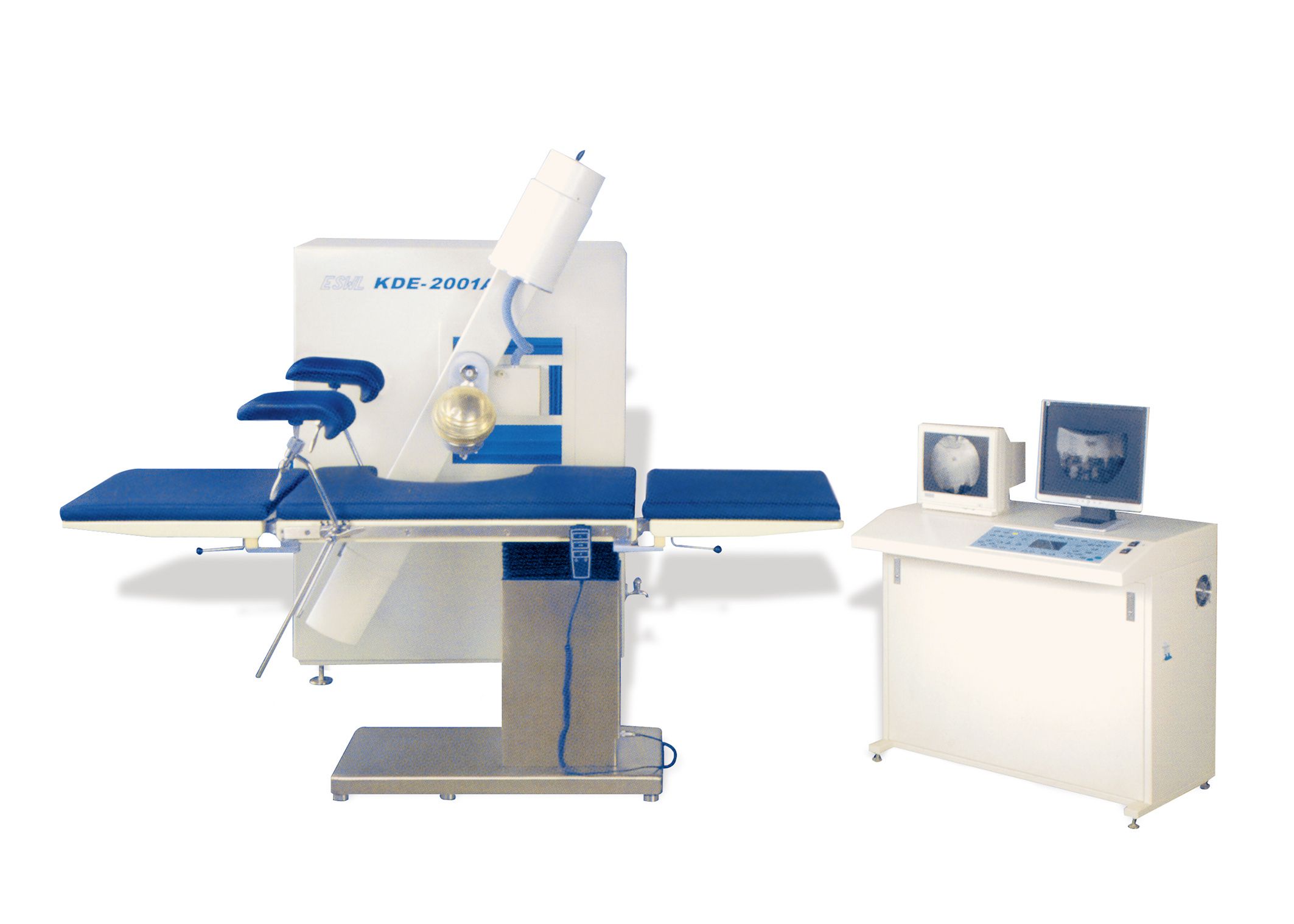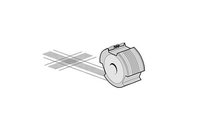What are the main types of mechanical shock waveforms?
Date:2024-09-11 15:00:00 Views:2080
Mechanical shock wave refers to the wave phenomenon generated in materials or structures due to the sudden application of force or energy release. According to the characteristics and propagation mode of shock waves, mechanical shock waves can be divided into the following types:

1. Longitudinal wave(P-wave)
· characteristicLongitudinal waves are pressure waves, in which particles undergo compressive and sparse motion in the direction of wave propagation. It is the fastest wave and can usually propagate in solids, liquids, and gases.
· applicationUsed for the study of seismic waves and analysis of sound wave propagation.
2. Transverse wave(S-wave)
· characteristicShear waves are shear waves, and particles move vertically in the direction of wave propagation. It can only propagate in solids and has a slower speed.
· applicationUsed for studying the mechanical properties of materials and analyzing seismic waves.
3. shock wave
· characteristicWhen an object moves at supersonic speed, the waves generated are called shock waves. A shock wave is a rapidly changing pressure wave characterized by high pressure, short duration, and high frequency.
· applicationIn the fields of explosion, supersonic flight, and material destruction research.
4. elastic wave
· characteristicElastic waves are waves caused by elastic deformation within a material, typically including longitudinal and transverse waves.
· applicationUsed for non-destructive testing and material property analysis.
5. Plastic wave
· characteristicPlastic waves are waves generated when a material undergoes plastic deformation, typically appearing when the material is subjected to forces exceeding its yield strength.
· applicationUsed to study the plastic behavior and failure mechanism of materials.
6. acoustic wave
· characteristicSound waves are low-frequency mechanical waves that typically propagate in gases and liquids.
· applicationWidely used in acoustic research and sound wave detection.
7. Shock pulse wave
· characteristicShort term, high amplitude fluctuations generated by instantaneous forces, typically containing multiple frequency components.
· applicationUsed for impact testing and dynamic response analysis.
8. Fatigue wave
· characteristicThe fluctuations generated inside the material under repeated loading are usually related to the fatigue damage of the material.
· applicationUsed for fatigue life prediction and material failure analysis.
conclusion
Different types of mechanical shock waves are of great significance in the analysis, testing, and application of materials and structures. By studying these waves, we can better understand the mechanical behavior and properties of materials.




 Weixin Service
Weixin Service

 DouYin
DouYin
 KuaiShou
KuaiShou





















